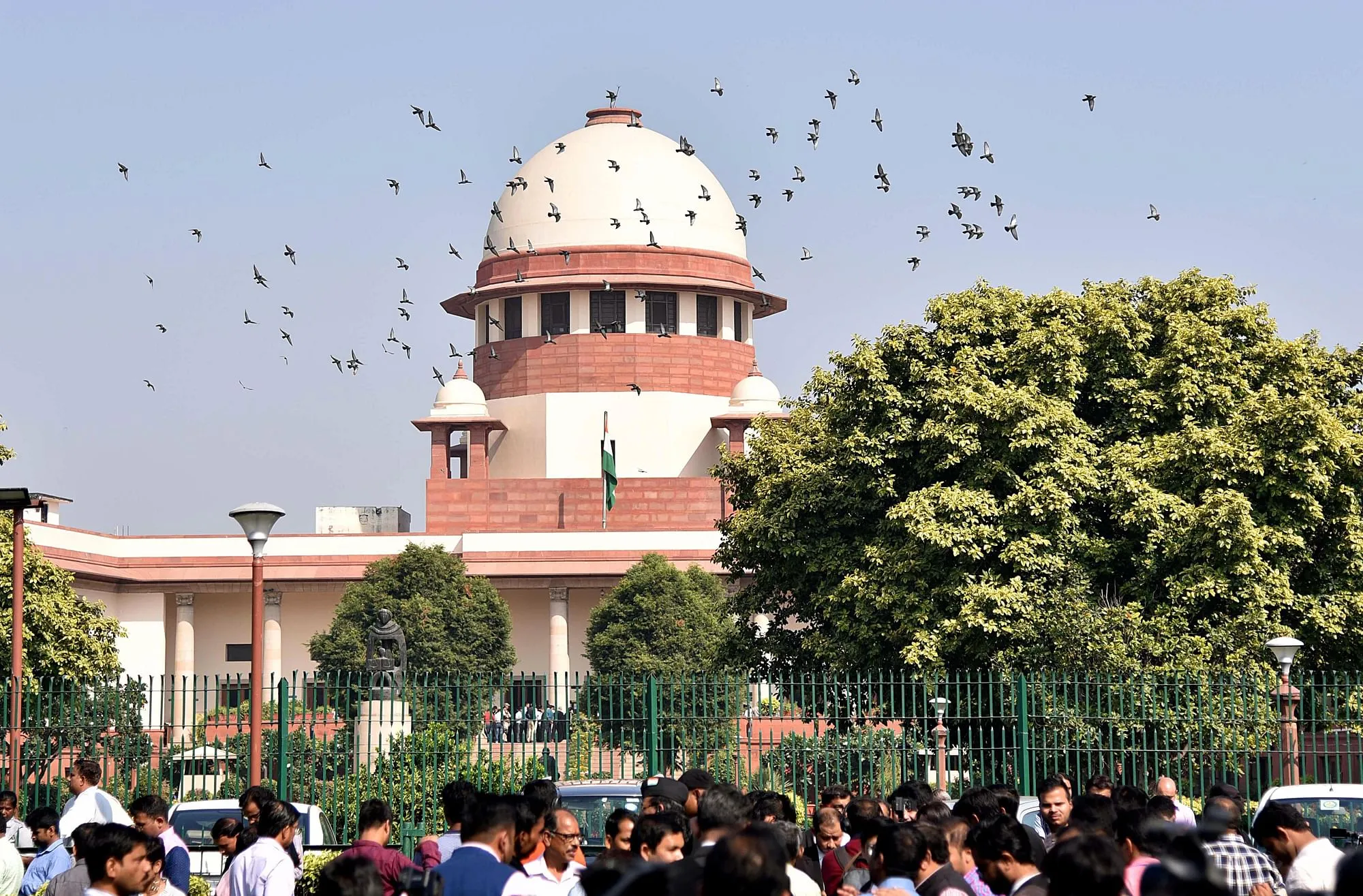New Delhi: The Supreme Court on Thursday observed that complainants, as well as the prosecution, make sincere efforts to ensure that the corrupt public servants are brought to book and convicted so that the administration and governance becomes unpolluted and free from corruption.
It said a public servant can be convicted on an illegal gratification charge in a corruption case on the basis of circumstantial evidence, even when there is no direct oral or documentary proof.
A five-judge constitution bench, headed by Justice S.A. Nazeer said: “In the event the complainant turns ‘hostile’, or has died, or is unavailable to let in his evidence during trial, demand of illegal gratification can be proved by letting in the evidence of any other witness who can again let in evidence, either orally or by documentary evidence or the prosecution can prove the case by circumstantial evidence. The trial does not abate nor does it result in an order of acquittal of the accused public servant.”
The top court declared that it is permissible to draw an inferential deduction of culpability or guilt of the accused, public servant under Sections 7, 13(1)(d) and Section 13(2) of the Prevention of Corruption Act.







